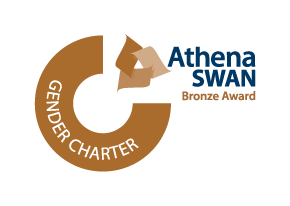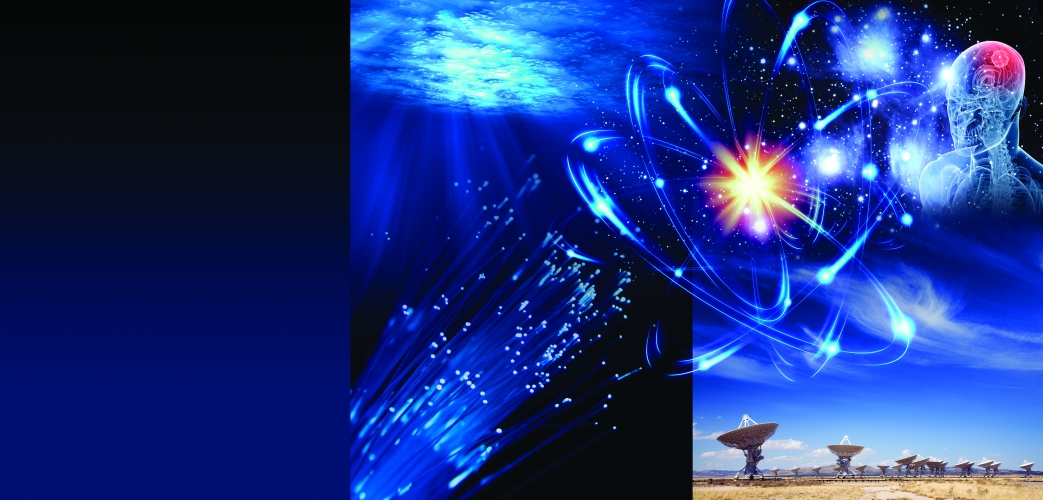-
Courses

Courses
Choosing a course is one of the most important decisions you'll ever make! View our courses and see what our students and lecturers have to say about the courses you are interested in at the links below.
-
University Life

University Life
Each year more than 4,000 choose University of Galway as their University of choice. Find out what life at University of Galway is all about here.
-
About University of Galway

About University of Galway
Since 1845, University of Galway has been sharing the highest quality teaching and research with Ireland and the world. Find out what makes our University so special – from our distinguished history to the latest news and campus developments.
-
Colleges & Schools

Colleges & Schools
University of Galway has earned international recognition as a research-led university with a commitment to top quality teaching across a range of key areas of expertise.
-
Research & Innovation

Research & Innovation
University of Galway’s vibrant research community take on some of the most pressing challenges of our times.
-
Business & Industry

Guiding Breakthrough Research at University of Galway
We explore and facilitate commercial opportunities for the research community at University of Galway, as well as facilitating industry partnership.
-
Alumni & Friends

Alumni & Friends
There are 128,000 University of Galway alumni worldwide. Stay connected to your alumni community! Join our social networks and update your details online.
-
Community Engagement

Community Engagement
At University of Galway, we believe that the best learning takes place when you apply what you learn in a real world context. That's why many of our courses include work placements or community projects.
Physics
What is Physics?
Physics is a fundamental building block of science and engineering. Physics provides the toolbox that help us understand the basic laws governing the structure of matter, the nature of energy and the physical forces that form our world. Physics encompasses the science of short-range forces operating inside the nucleus of an atom and explains the origin of gravitational waves that determines the structure of the universe.
In years 1 and 2, our IOP accredited undergraduate programmes (GY320 and GY301) principally teach classical physics –developed by scientists such as Isaac Newton and James Clerk Maxwell. In years 3 and 4, teaching progresses to consider Quantum Physics and Relativity, pioneered by scientists such as Max Planck and Albert Einstein.
The ability to understand matter as waves and waves as particles is increasingly important in future technologies; this is often the most significant differentiating factor between engineering and physics.
We combine both research and teaching in the same location. We have expertise in observational astronomy that extends across the full electromagnetic spectrum; this enables our scientists access the best telescopes available in the world. In climate change, one of our research clustters (C-CAPS) manages Mace Head –one of 31 global atmospheric watch research stations on the planet. In biomedical physics, Physics operates the only CAMPEP (Commission on Accreditation of Medical Physics Education Programs) accredited MSc programme in Europe that enables graduates to operate as Medical Physicists in Hospitals throughout North America on graduation.
Undergraduates
Teaching in Physics is strongly influenced by our research based in our three research clusters: Astronomy, Biomedical and Climate, Ocean & Exposure Science . Physics is challenging, interesting, relevant, and it can prepare you for great jobs in a wide variety of places. Why not pursue a physics degree with us here at the University of Galway and let us share our knowledge and enthusiasm with you?
From day 1, you can follow a direct path to obtaining a degree in Physics by registering for our denominated programme GY320 (which has degree options in Applied Physics, Astrophysics, Theoretical Physics and Biomedical Physics) or you can keep some flexibility in your subject choices by registering for Undenominated Science GY301.
Why Physics?
People study physics because they are curious about how the universe works. Some students seek to apply their fundamental knowledge of physics to solve the grand societal challenges that face the world such as how to create clean and efficient sources of energy, how to better use the planet’s limited resources, how to develop smart green integrated transport, how to transmit and store information securely, how to produce sustainable food safely, or to deliver better healthcare for a growing and increasingly elderly world population. Some aspiring physicists are keen technologists –eager to develop the technologies that enable the next big breakthrough –in Advanced Materials & Nanotechnologies, Micro-/nano-Electronics & Photonics, Advanced Manufacturing, Artificial Intelligence and Security & Connectivity.
Physics in Galway prioritises its activities where key enabling technologies address the grand societal challenges of the future. A laser-enabled printed electronics and printed biomaterials manufacturing test-bed proposes to create optically, electrically, and thermally activated medical devices. Experts in geometric optics apply their expertise to evaluate new technologies at the European Space Agency. Our astrophysicists are members of international collaborations (I-LOFAR, VERITAS, JCMT, ESO) seeking to advance knowledge in modern astronomy.
Postgraduates
Physics provides Structured PhD, Taught Masters, Masters by Research, Full-Time or Part-Time training programmes that are highly relevant to future environmental, technical, and productive / economic global challenges.
- Projects in environmental physics investigate effects of climate change and global warming;
- Programmes in biophotonics, applied optics and laser technologies explore photonics – new applications of light;
- Astronomical observations stimulates new insights and understanding of the universe;
- Research in medical and bio-physics underpins new technologies in healthcare and occupational health.
Research training in these areas is complemented by advanced discipline-specific courses and extensive training in generic and transferrable skills.
Physics offers four taught masters programmes: Medical Physics (MSc), Occupational and Environmental Health & Safety (MSc/HDipAppSc, Full-Time or Part-Time), Key Enabling Technologies (KETs, (MSc, Full-Time or Part-Time)) and Astronomical Instrumentation and Technology (MSc, Full-Time or Part-Time).
Equality & Diversity: Juno and Athena SWAN
In 2013, Physics’ work in promoting equal opportunities in science was rewarded by the Institute of Physics: the discipline of Physics has been made a Practitioner under the Institute’s Juno Project, the first university in Ireland to achieve this status. In 2020, the continued commitment of Physics to Equality, Diversity and Inclusion was recognised via a Bronze Athena SWAN award. Further details are available at the following link: Physics, Equality & Diversity: Juno and Athena SWAN
 |
 |
International Students
If you are currently enrolled at an overseas college or university and you wish to spend a semester or year at University of Galway as a Visiting Student, you can apply through your home college’s Study Abroad office or through an approved study abroad programme provider. Currently Physics hosts students from Science Without Borders, Erasmus and US exchange programmes.

















